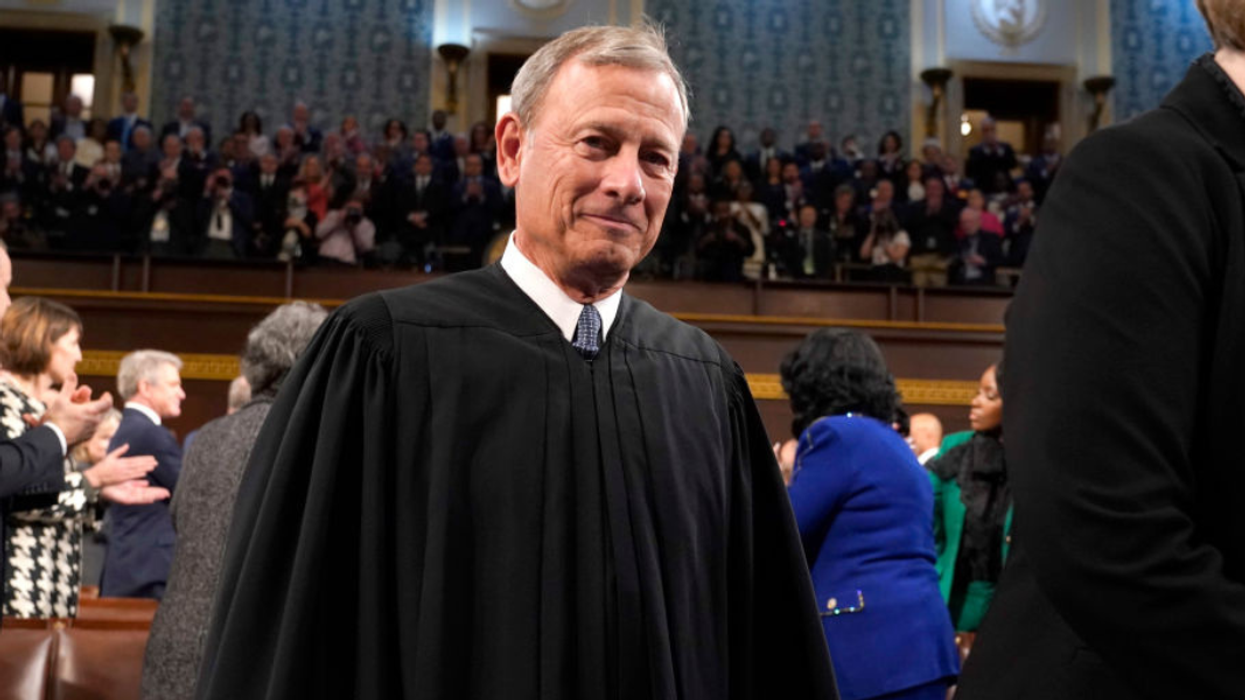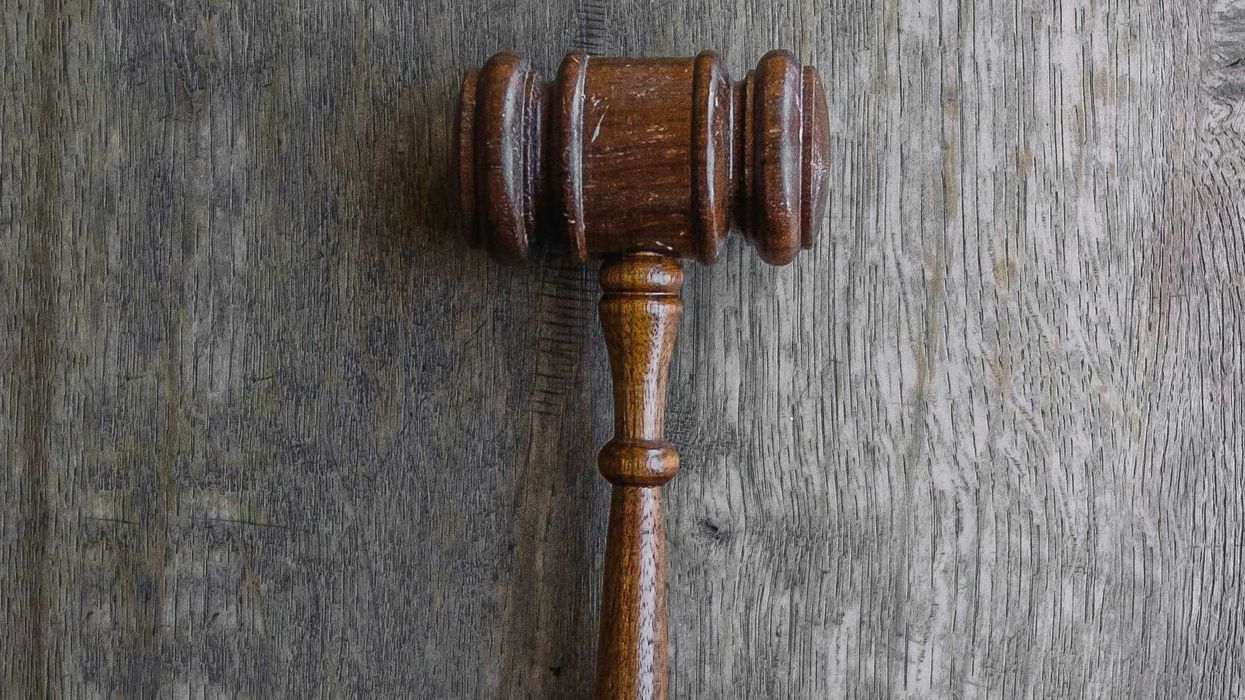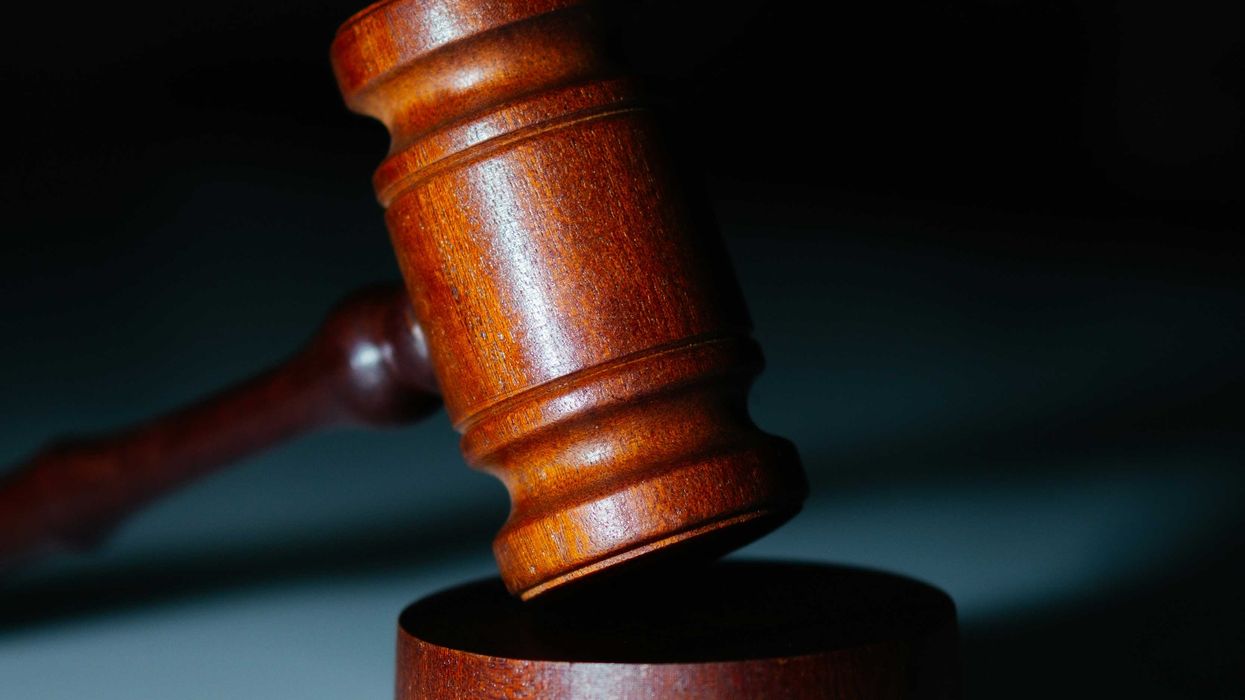While we tend to think of courts as the guardrails of democracy, in 1920s Germany they were among its most implacable and insidious enemies.
Samuel Huneke, George Mason University
Thank you again. Thank you again. I won’t forget.
Donald Trump to Chief Justice Roberts in the U.S. Capitol, March 4, 2025
Donald Trump owes his successes in challenging American democratic institutions to Chief Justice Roberts and his five Republican colleagues. Many lower court judges this year have found Trump Administration initiatives illegal – only to be overruled by the Roberts majority.
With the Democratic Party out of power and Congressional Republicans cowed by Trump, U.S. democracy can only be sustained by a Supreme Court committed to the Founders' Constitution. Instead, the Roberts majority resembles Germany’s Weimar-era justices who attacked rather than defended democracy. They are explicitly responsible for making a reality of Trump’s narcissistic dream of an imperial presidency.
The Weimar Courts
The Weimar Republic’s 1919 Constitution installed a democratic government to replace Kaiser Wilhelm II. Most Weimar judges, however, were monarchists, holdovers from the imperial era, disdainful of democracy. Many of their subsequent rulings undercut the new Constitution. In particular, the autocratic bias of the Reichsgericht, or most senior court justices, proved tragic when they failed to oppose the 1933 Enabling Law and then “submissively cooperated” with Hitler.
A pivotal moment was the implementation of an emergency decree in the wake of the February 1933 Reichstag fire – perhaps ordered by Hitler. He inveigled President Hindenburg into invoking Article 48 of the Constitution and declaring a “state of emergency.” Since its scope was legally vague, Hitler exploited the emergency decree to suspend democratic guardrails and arrest and imprison opposition legislators without trial in the first concentration camp, Dachau. That paved the way for a smaller, rump Reichstag to pass the Enabling Law in March 1933. The legal basis for his dictatorship enabled him to enact draconian laws unilaterally, bypassing the Reichstag.
The Roberts Majority Creating the Trump Autocracy
Trump is no Hitler, but the Roberts Republicans arguably have monarchist leanings. They are considerably more conservative than the public, and most only squeaked through Senate confirmation to lifetime posts. Highly partisan and like Reichsgericht justices, they hew to powerful conservative business interests. Also like them, they are transcendentally suspicious of popular democracy, ruling to unravel voting rights and limit access to the ballot box while supporting gerrymandering and a pay-to-play political system unduly influenced by economic elites and business interests. Their polarizing rulings also reflect hostility to workers, clean air and water, civil rights, unions, racial justice, and government regulation of business.
Both the Weimar and U.S. Constitutions were explicitly designed to preclude strongmen and prevent despotism. But sustaining those democracies hinges on judicial support. And as the weight of evidence affirms, the intent of the Weimar judiciary and the Roberts majority is similar: to weaken their respective democracies with “rulings that supersede the written constitution.” They are rejecting the American Founders’ seminal constitutional principle opposing an all-powerful presidency.
Critics argue that the Roberts majority is an accomplice of Trump. In actuality, they are worse – enablers - elevating him to become a real-life autocrat by mimicking Reichsgericht justices. Hitler seized dictatorial powers in 1933 through the charade of a unilaterally declared faux “emergency.” The Roberts majority has adopted the same ploy, enabling Trump to base hundreds of his Executive Orders on a dozen or so self-declared faux “emergencies.” The usual merchandise trade imbalance, for instance, was declared a “national security” emergency.
Judicial Crisis
Encouragingly, the lower Federal circuit and appeals courts have ruled the Trump administration's actions illegal in more than 100 instances. Normally, such rulings would have extinguished the Trump agenda, stillborn, killed by judges. Instead, to effectuate the Trump agenda, the Roberts majority has overturned a number of those critical rulings – rushing to do so through its rarely used emergency docket – issuing terse, thin, two-page binding rulings affirming Trump without explanation or fanfare.
The serial reversal of critical lower court rulings by the Roberts majority has ignited a judicial civil war. Numerous lower court judges are appalled by Roberts' majority rulings – Marines conducting civilian law enforcement, embracing Federal racial profiling, or the use of wartime powers to deport immigrants. Some term the Supreme Court's override “mystical,” constituting a “judicial crisis.”
The Roberts majority has been quick to respond, scolding lower court judges for bad behavior in defying Supreme Court rulings - reminding them that they are duty-bound to obey their betters. And the White House is demonizing them as “far left activists.” Independent legal experts echo criticism by these lower court judges, asking Roberts and his majority to explain why they are almost messianically ruling in Trump’s favor.
Judicially Enabled Potemkin Democracy
Chief Justice Roberts rejoins by gaslighting that he and his fellow Republican justices have retained their independence. Instead, they are empowering Trump to convert the U.S. to an illiberal, Potemkin democracy in the mold of Hungary or Turkey. And there may be worse to come. True, pending rulings provide the majority with abundant opportunity to reverse course and reaffirm the Constitution. And the Democrats may be able to derail Trump at the ballot box in 2026 and 2028.
Even so, insufficiently appreciated is just how calculating and artful the Roberts majority has been in embracing autocracy. In 2024, they granted Trump absolute immunity from criminal prosecution for official acts and de facto immunity for unofficial acts. Their ruling, Trump v United States, was a disdainful rebuff of the nation’s hopeful Founders—and contradicted two earlier Supreme Court rulings—unanimous rulings—that held presidents accountable for criminal acts. Instead, the majority adopted former President Nixon’s 1977 absurd formulation that “when the President does it, that means it is not illegal.”
By granting Trump immunity from criminal accountability, the Roberts majority opened a vista, offering him an irresistible opportunity to seize absolute power following his 2024 reelection. But in enabling his creation of an imperial presidency, it is the Roberts majority rather than Trump that poses the greater risk to American democracy.
Trump is the chalice, but they are the poison.
George Tyler is a former deputy assistant treasury secretary and World Bank official. He is the author of books including Billionaire Democracy and What Went Wrong.



















